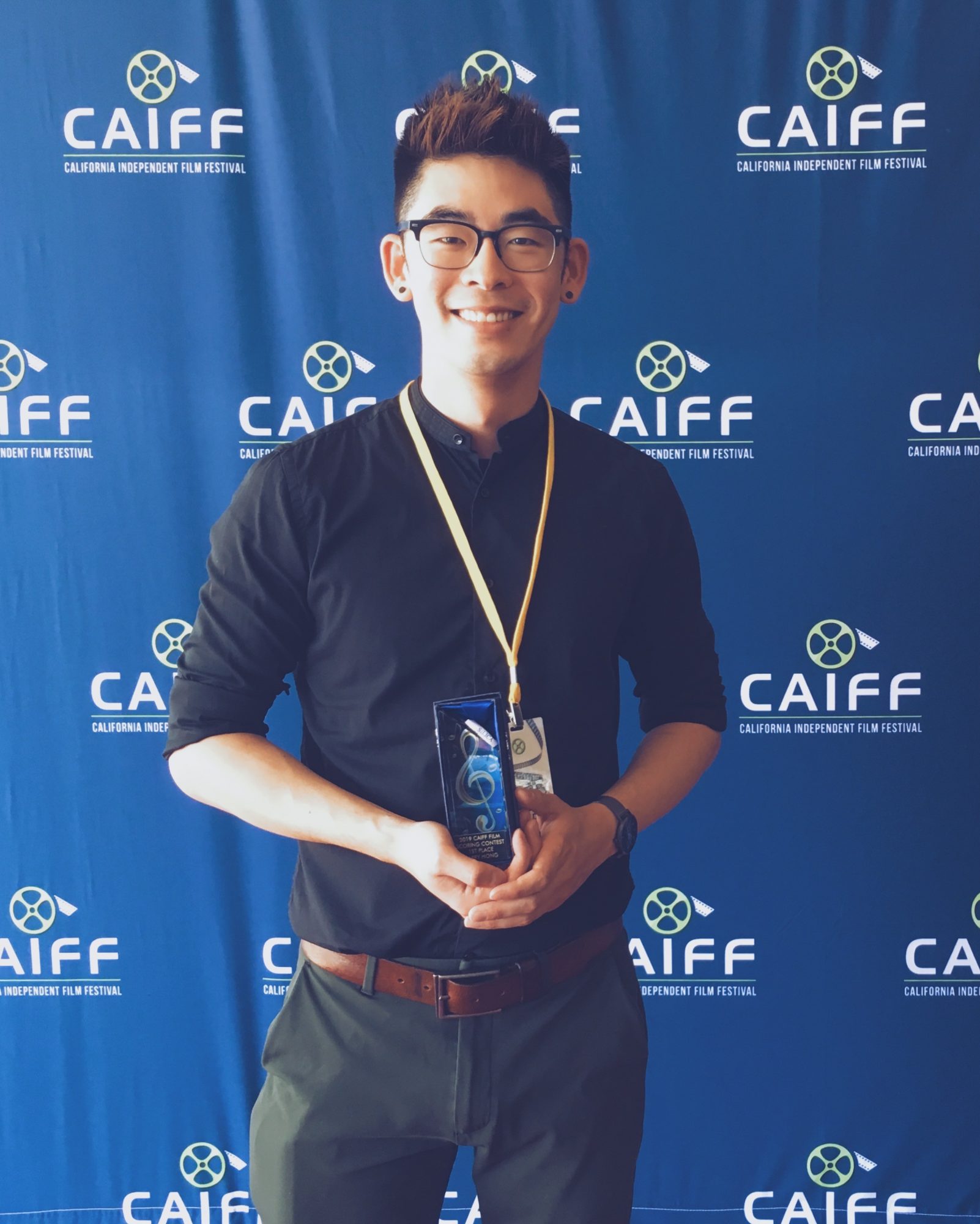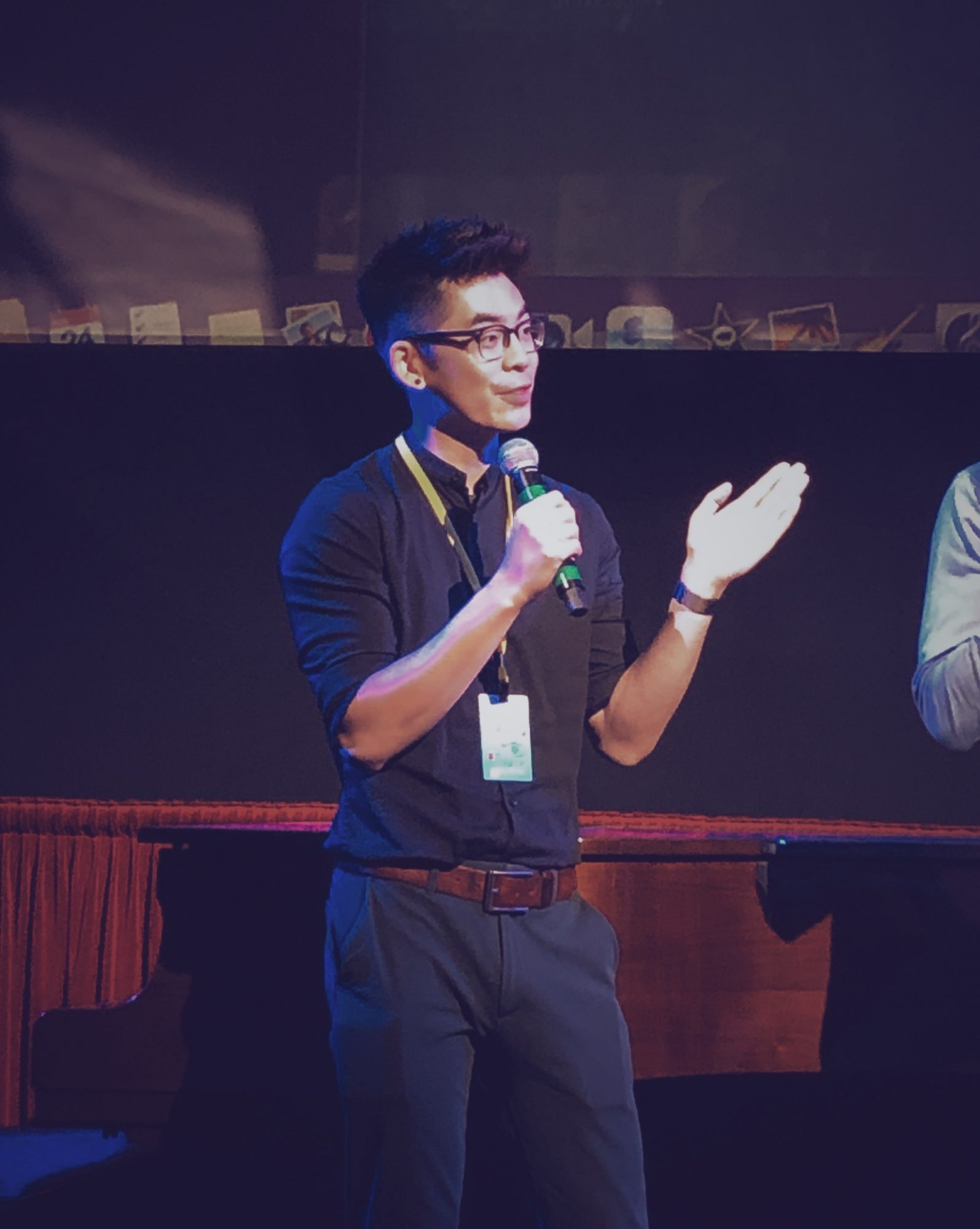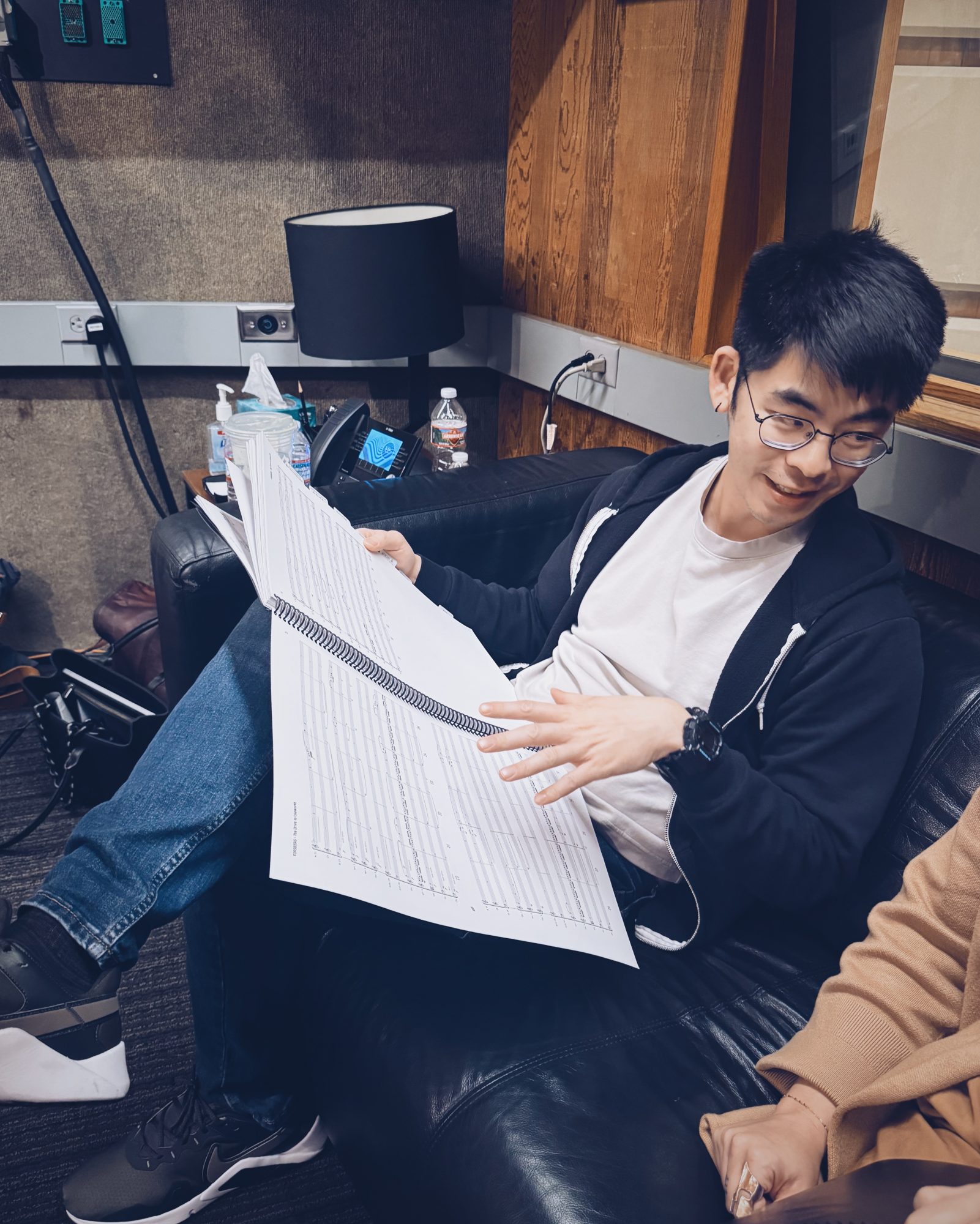

Today we’d like to introduce you to Larry Hong.
It wasn’t until a series of events seemed to push me away from the path of medical school that I finally decided to really take the idea of becoming a composer more seriously. Even after graduating and getting my degree in Neuroscience, I decided to start over and return to school to study film scoring. I got into the Berklee College of Music and embarked on another 4-year long path, but this time with what seemed like higher stakes. It was a rare second chance at life, and I didn’t want to have any regrets letting it pass me by.
I am extremely fortunate that I was able to really grow as a musician and composer during my time as a student. Once I graduated I made the big move out to Los Angeles and found my first job as a composer’s assistant for Wendy & Lisa, former members of Prince’s The Revolution. Since then, I’ve assisted on several series and have found my home in the city. Since writing that first taiko piece, I’ve turned that passion into my dream. I’m continuing to hone my craft as an artist and hope to one day have my music scored to film or series, bringing compelling narratives to life and hopefully inspire others.
Can you talk to us a bit about the challenges and lessons you’ve learned along the way? Looking back, would you say it’s been easy or smooth in retrospect?
The road has certainly had its challenges! Deciding to take that sharp turn after already graduating college and leaving all that behind was risky and terrifying. My parents fought me on it and didn’t understand for a long time. Moreover, it was a big financial gamble. I would be putting myself through more student debt in the hopes that I would lead a life that I could really feel proud of. I worked multiple jobs to put myself through school again. Every night I would work nonstop in the computer labs until they closed and would then bike several miles home, just to wake up and bike back to class the next morning, whether it was raining or snowing. I was physically exhausted, but it was rewarding to be living and breathing music.
Now that I’m in LA, the financial challenges certainly haven’t gotten easier, but I’ve learned to build my life as an adult around it. Having nurtured a long-term relationship and developed experiences outside of music has taught me the importance of a work-life balance, something that the industry doesn’t always model. I’ve also learned that not everything I learned in school carries its weight in gold with how fast the landscape changes. While the idea of learning from a composer as a mentor and having my career grow in tandem sounded great, I found that those opportunities are few and far between. The challenges of establishing yourself as an artist with your own voice have definitely been a lesson in the making! It might be daunting at times having to pave your own path, but it’s also liberating to know that not everyone has the same journey, and the idea of success is truly what you make of it.
Appreciate you sharing that. What else should we know about what you do?
I currently work as an assistant for Spectra Creative Agency, a company that represents composers who identify as POC, female, or LGBTQ. Our mission is to uplift underrepresented emerging talent and to include more diverse, authentic voices when it comes to storytelling in the media. I’ve gotten the opportunity to observe firsthand the process of pitching composers for projects, learning the ropes about the agent’s role, how deals are negotiated, and how to build momentum in a composer’s career. It’s been very eye-opening to see what music executives look for and what is the best way to present yourself, particularly when it comes to expressing a clear point of view. Additionally, I’ve had the chance to make my mark in the agency through its social media presence, as I’m the one creating all assets that are used to promote our composers and their accomplishments, and that has taught me a lot about the importance of marketing and PR.
What I’ve learned from working at this agency is the importance of owning and understanding my identity and voice. As a gay Korean-American, I see that I can offer my unique perspective through my music. This has come up recently actually because I’ve been brought on to score the second season of the queer slice-of-life comedy series “Open To It,” which I’m very excited to work on! On a personal level, I’m also working to produce an album of my own instrumental work this year, one that showcases my electronic and classical sensibilities, both introspective and ear-catching.
Where do you see things going in the next 5-10 years?
I believe the world of scoring is shifting away from the traditional genres the public has grown used to hearing and is looking to more unique sonic palettes. Filmmakers and creators are already seeking music artists for their distinct sound, blurring the line between professional musicians and composers. That being said, I think it’s less important for people who are looking to get into scoring to feel like they have to have experience writing for a traditional orchestra. I’ve seen that in some cases composers who only know how to work in an orchestral space are limited and that those who have some music production skills can excel. With the growing diversity in projects as well, I believe those who are minorities and have less traditional backgrounds have more opportunities being considered. It’s an exciting time to be in scoring. Old expectations are being disrupted, and I can’t wait to see what the future holds for this up and coming generation of composers like myself.
Contact Info:
- Website: https://www.heylune.com
- Instagram: https://www.instagram.com/heylune_music/
- SoundCloud: https://soundcloud.com/heylune_music















